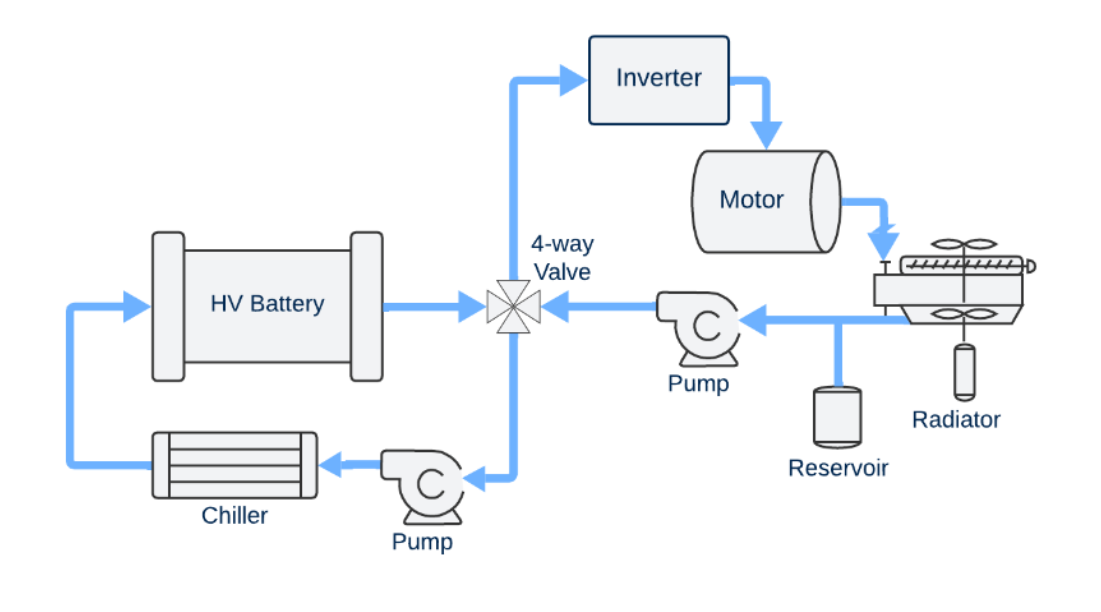A multisite study has demonstrated that TriageGO, an AI-powered clinical decision support tool, can significantly enhance triage accuracy, efficiency, and overall patient flow in emergency departments (EDs). The findings highlight how artificial intelligence, when applied thoughtfully, can help clinicians make faster, more consistent decisions in high-pressure environments.
“Artificial intelligence has enormous potential to support healthcare,” said Davide Manissero, Chief Medical Officer at Radiometer. “The introduction of AI-enabled triage tools such as TriageGO represents an important milestone in emergency medicine. EDs worldwide — particularly in the United States — are dealing with overcrowding, staff shortages, and tightening budgets. Solutions like TriageGO help institutions maximize resources. While they can never replace the critical judgment or compassionate role of healthcare professionals, these tools can save time and provide valuable decision support.”
The study, published on the New England Journal of Medicine AI platform, underscores that AI solutions can complement clinical expertise rather than compete with it. By analyzing standard triage information — including patient complaints, vital signs, demographic details, and electronic health record data — TriageGO recommends a triage level from 1 to 5. The final decision always rests with the qualified clinician, ensuring that human judgment remains central.
Developed by researchers at Johns Hopkins Medicine and later commercialized by the startup StoCastic, TriageGO was acquired by Danaher in 2022 as part of the Beckman Coulter portfolio and now complements Radiometer’s growing suite of Clinical Intelligence software for acute care.
TriageGO is currently available only in the United States.
To read the full study, visit NEJM AI. Learn more about TriageGO and follow Radiometer on LinkedIn and Facebook.








